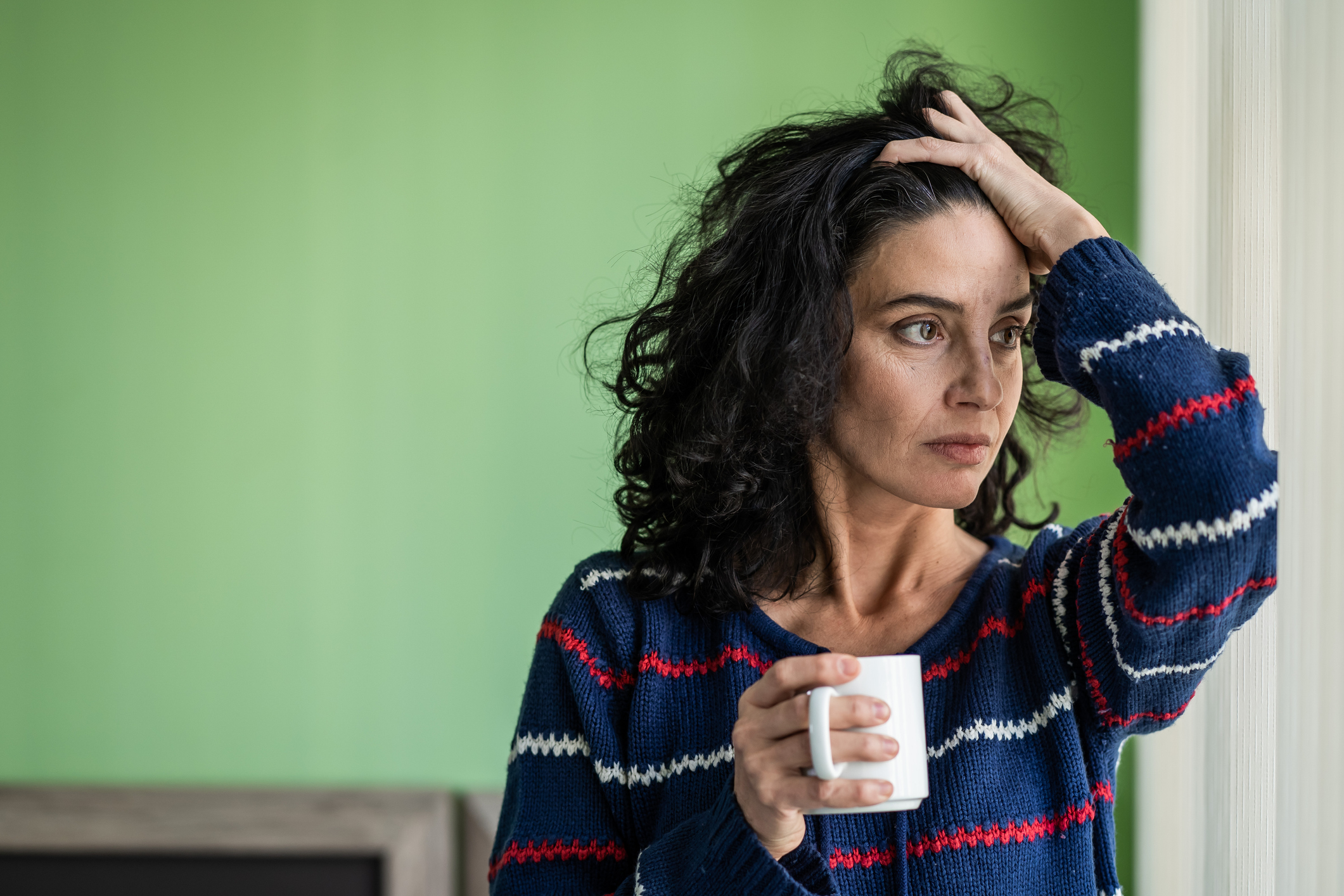

Making up for too little sleep by slugging coffee and energy drinks may get you through the day, but in the long run sets you up for disease.
That’s because it interrupts your circadian rhythm, the natural sleep cycle that assures you get an adequate amount of deep sleep.
Without enough hours of deep sleep to “wash” your brain each night, you are a sitting duck for Alzheimer’s disease, heart problems, and stroke.
Many things can interfere with deep sleep. And you might not be all that surprised about junk food being one of them. Maybe you’ve gone to bed too soon after a couple of slices of pizza, only to toss and turn with indigestion.
But junk foods’ effects on deep sleep go much deeper… In fact, junk food appears to be a major culprit in altering slow-wave brain activity essential to deep restorative sleep.
The importance of deep sleep
Deep sleep actually “washes” your brain.
Research has shown that rhythmic electrical signals that occur only during deep sleep — known as “slow waves” — trigger slow pulses of cerebrospinal fluid (CSF) that wash through the brain and remove toxins.
It’s already known that people with Alzheimer’s have less slow-wave brain activity going on, so there’s less chance for waves of CSF to remove amyloid plaque, the brain toxin most associated with Alzheimer’s.
That’s exactly why how you sleep may be the strongest predictor and deterrent to Alzheimer’s.
Proof that junk food steals deep sleep
Recently, researchers at Uppsala University investigated how junk food affects sleep.
Past studies have shown that what we eat is associated with changes in our sleep. But these researchers realized that few studies have investigated how diet itself directly impacts sleep.
They decided the best way to do that was to have participants eat different diets, in a randomized order.
Only fifteen participants were involved since the study required several days of close monitoring in a sleep laboratory.
All participants were given both a healthy and an unhealthy diet. The two diets contained the same number of calories, but the unhealthy diet contained a lot of sugar, saturated fat and processed food items.
Each diet was consumed for a week. After each week, participants were examined in a sleep laboratory.
The two diets didn’t affect the amount of time each participant slept. But did impact their deep sleep.
Dr. Jonathan Cedernaes, Associate Professor in Medical Cell Biology at Uppsala University, explains…
“Intriguingly, we saw that deep sleep exhibited less slow-wave activity when the participants had eaten junk food, compared with consumption of healthier food. This effect also lasted into a second night, once we had switched the participants to an identical diet. Essentially, the unhealthy diet resulted in shallower deep sleep.
“Of note, similar changes in sleep occur with aging and in conditions such as insomnia. It can be hypothesized, from a sleep perspective, that greater importance should potentially be attached to diet in such conditions.”
Keep your slow-wave brain activity up
So how do you keep deep sleep and that essential slow-wave brain activity coming?
Well, the first obvious step would be to eat less junk food. Here are a few other tips to try…
- Research has found that listening to pink noise while sleeping can help older adults attain slow-wave sleep.
- Get enough vitamin D so your body can produce useful amounts of melatonin, the sleep hormone.
- Try a sleep diet.
- Don’t drink coffee, black tea or other caffeinated drinks after dinner (if you’re really sensitive, like I am, avoid them from early afternoon on).
- Do your exercising during the day, not at night.
- Try and keep a regular bedtime as much as possible.
- Don’t use your computer or cellphone within two hours of bedtime.
Sources:
Junk food may impair our deep sleep — Science Daily
Exposure to a more unhealthy diet impacts sleep microstructure during normal sleep and recovery sleep: A randomized trial — Obesity

